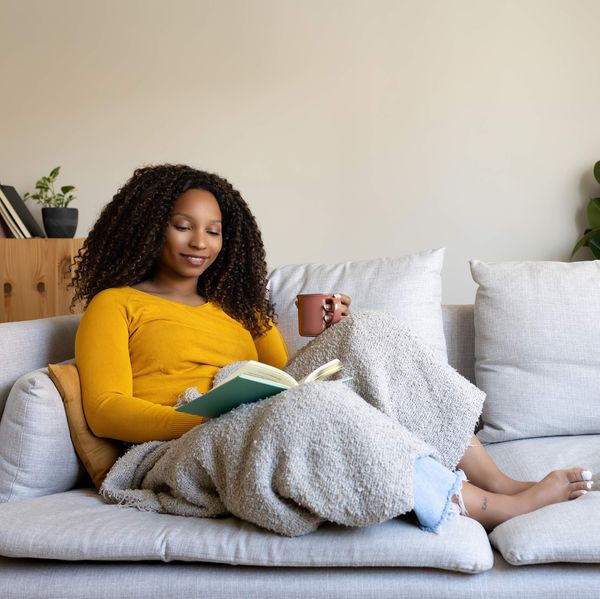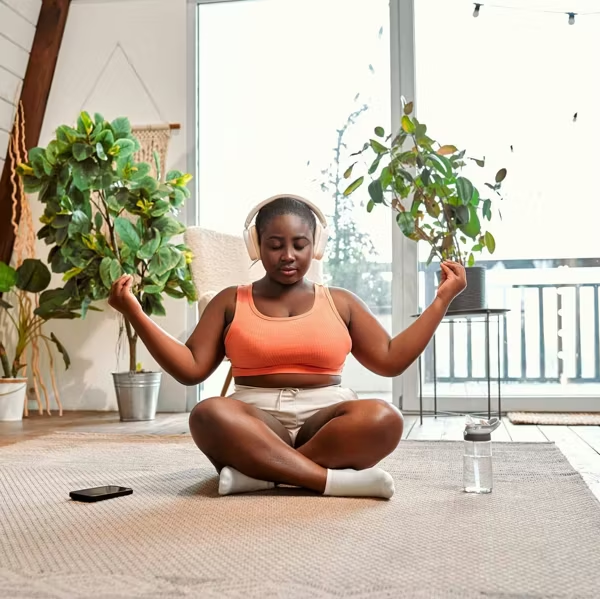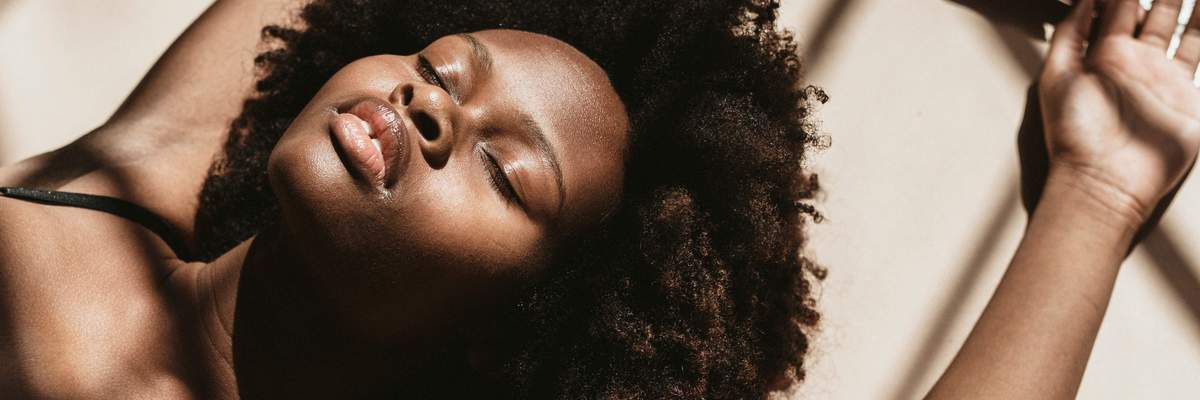Relational building is a core part of caring for our mental health. We are wired for connection, and community care is fundamental to managing our well-being. Living disconnected from others and having poor quality relationships severely impacts our wellness in debilitating ways, but signs that we are disconnected can be difficult to assess since our society tends to honor independence over interdependence and applauds people for their strength in getting things done alone rather than seeking and asking for help.
In my work as a former therapist, this culture of hyper-independence usually impacts a particular group, and that seems to be Black women. The “Strong Black Woman'' trope has plagued Black women for years. There was a time when this trope was seen as a badge of honor to highlight Black women’s emotional resilience in the face of adversity and conflict, but as mental health in the Black community rises, more Black women have come to realize that this badge of honor was actually a coping mechanism in response to having their emotional needs go unmet, whether it be at work, from their romantic partners, in their friendships or even on a societal level from having to deal with both interpersonal and structural racism.
The Three Types of Dependency Explained
In the clinical world, the “Strong Black Woman” trope is what we would call counter-dependence. In life, there are three main types of dependency that some people experience, and only one that we should be striving for. Here’s a breakdown:
1. Codependency:
Codependency is a term that is more mainstream and is often used to define people who have poor relational boundaries and become enmeshed in their relationships. There are some codependents who will place their autonomy in the hands of others and become attached to certain people to meet their needs for them because they have poor self-efficacy and autonomy. On the other end, there are codependents who may enable this attachment by abandoning their needs to meet the needs of someone else, which results in chronic people-pleasing out of fear that they will be rejected, abandoned, or deemed useless in their relationships.
People with codependent traits struggle with their self-esteem and, most importantly, confidence, which is why they continuously seek validation from others because they struggle with validating themselves and feeling secure in who they are.
2. Counter-dependency:
People who are counter-dependent are often polar opposites of those with codependent traits. This form of dependence actually isn’t dependent at all, people who are counter-dependent fear closeness, connection, and vulnerability and because of that, they remain hyper-independent with an avoidance mindset. On the surface, they appear strong, self-sufficient, and are usually the person everyone relies on. They don’t tell people 'no,' they go above and beyond for others, but when it is time for those behaviors to be reciprocated, they may freeze, shut down and immediately withdraw and disconnect from their relationships due to their fear of intimacy, closeness and ultimately being seen.
At the root of this behavior, is a person who has been wounded by consistently being let down by others and not having their emotional needs met. Many adults with counter-dependent traits were often emotionally neglected in childhood from being parentified, which is when children are expected to take on adult-like tasks to make up for a missing caregiver, or, they are expected to tend to their parents' feelings due to the adults in their lives being emotionally immature. When you are raised in an environment where there is a lot of unpredictability, you may struggle with trusting people and knowing who you can depend on, so it creates a dynamic of keeping people at a distance to avoid being hurt.
3. Interdependence:
This is the form of dependency we all must strive for because it is the healthiest form of dependency and promotes our mental health. We cannot do life alone, hence why we all seek connections in some capacity whether it be through dating or building friendships. Since birth, we have been wired to depend on others to help us meet our needs, but as we grow older, we learn to build agency and autonomy so that we have a healthy dose of self-sufficiency with a healthy dose of reliance on others. All relationships require compromise, so as we build and lean on others, we are able to determine what is ours to carry, and what belongs to others, and we also learn to assess who in our lives has earned our respect and trust enough to help us carry those burdens when it becomes too heavy.
Being a “Strong Black Woman” is the quickest way to burn out, and it can be one of the reasons why you may feel exhausted if you struggle with counter-dependency.
Pay attention to these habits to assess if you are counter-dependent:
- You tend to struggle with forming romantic relationships because you often pull away when things get too serious or when it’s time to become vulnerable
- You have a lot of surface-level relationships and no one to talk to about personal matters that truly impact you
- You feel lonely often, despite having what you might call a circle of friends
- Asking for help and letting your guard down feels emotionally debilitating
- You struggle with being vulnerable and letting people know the real you
- You are everyone's place of refuge in times of need, but you don’t know where to go when you yourself are seeking refuge
- You struggle with letting go of control in your romantic relationships, and it causes conflict
- You tend to do a lot of things alone and don’t invite people into your life
There is help for counter-dependence. We no longer need to tie Strong and Black Woman in a sentence anymore. Black women have permission to just be, to just exist, to take up space and be soft, delicate, and even fragile if that is where you are in life.
Getting help for counter-dependence is something that requires deep work, you won’t be able to breathwork yourself out of this habit. Since counter-dependence is rooted in avoidant attachment styles and poor emotional regulation, the guidance of a professional will always be your best method of care if you want things to change.
When seeking help from a therapist, consider searching through these popular therapy directories:
Consider these things when thinking of starting therapy to help you with making a decision, as well as learning to be vulnerable:
- What do I need from a therapist in order to feel safe being vulnerable and disclosing my business to them?
- Am I ready and willing to commit to at least weekly or bi-weekly therapy services?
- Am I ready and willing to let my guard down and not appear strong to a stranger?
- What habits have I formed that I am realizing are hurting me? (Start there and express this to your therapist.)
Remember this: you have permission to just be. You don’t have to be strong in order to be worthy, you are worthy as you are. Learn to be okay with existing as you are and allow people to care for you just as much as you invest in caring for others.
Let’s make things inbox official! Sign up for the xoNecole newsletter for love, wellness, career, and exclusive content delivered straight to your inbox.
Featured image by Shutterstock
Originally published on May 30, 2022















